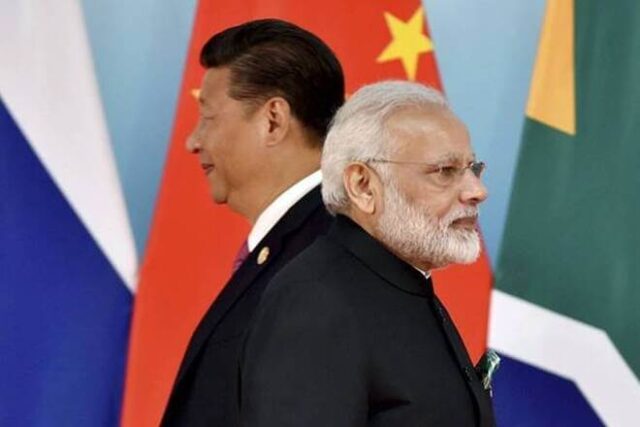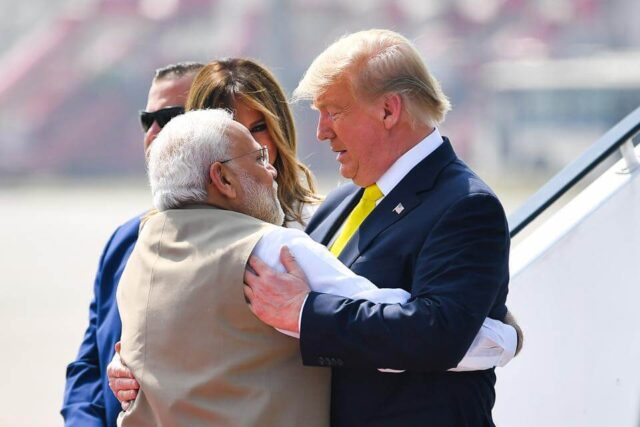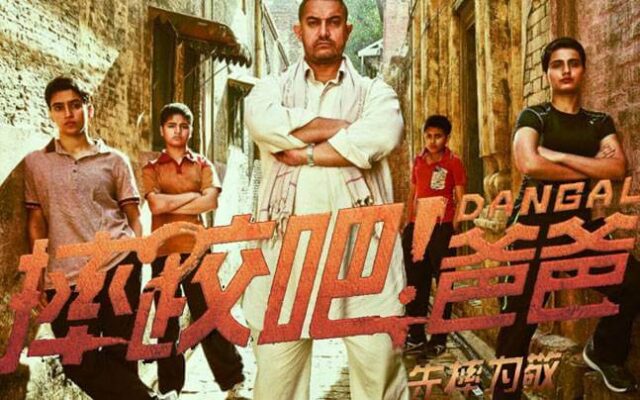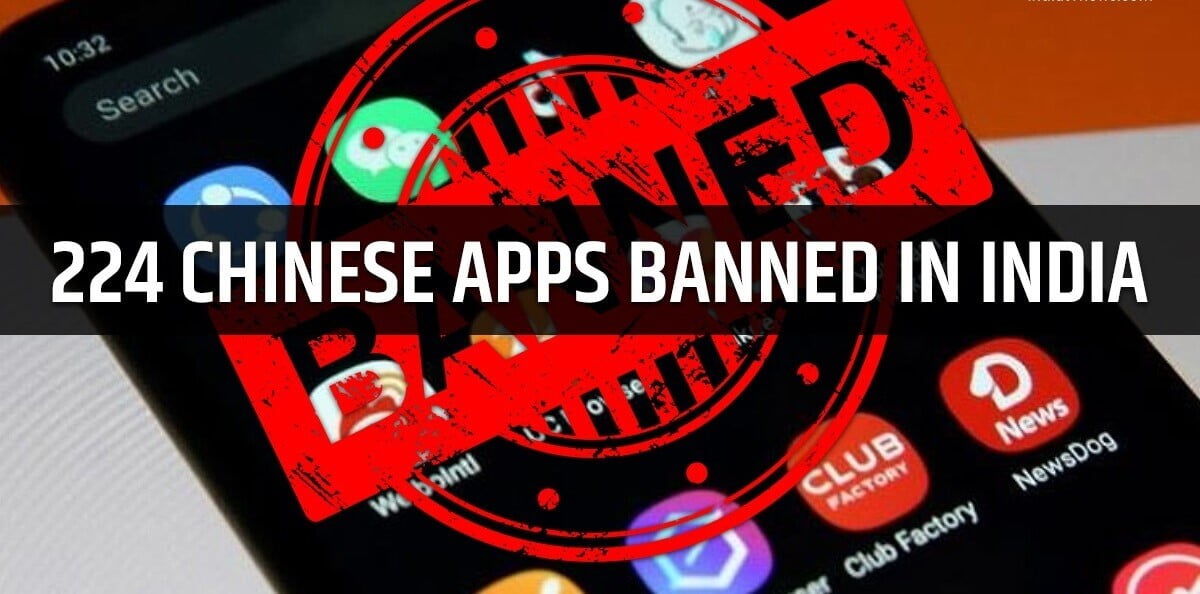The ban of the popular game PUBG, along with 117 other mobile apps, has led to China accusing India of violating World Trade Organisation (WTO) rules.

India, on 2nd September 2020, Wednesday, banned 118 more Chinese apps claiming that these apps were ‘engaged in activities which are prejudicial to sovereignty and integrity’. Back in June of this year, the Indian government banned 59 apps which apparently had links to China.
Thus, a total of 224 supposedly Chinese apps have been banned up till now. This latest decision by India has stirred new border tensions in Ladakh.
China’s response to the multiple bans
At a commerce ministry briefing on Thursday, spokesman Gao Feng said, “the Indian side abused the concept of ‘national security’ and adopted discriminatory restrictive measures against Chinese companies, violating relevant World Trade Organisation rules. China urges India to correct its wrong practices.”
CGTN, a Chinese news channel, quoted Gao as saying, “China-India economic and trade cooperation is mutually beneficial and win-win. It is hoped that the two countries will jointly maintain the hard-won cooperation and development situation and create an open and fair business, environment for international investors and service providers, including Chinese companies.”
“By banning these hi-tech, easy-to-use and popular apps, the Indian side is sacrificing first and foremost the rights and interests of the Indian users and damaging those of Chinese companies. Therefore, no one gains from such an action,” said another spokesperson Hua Chunying, when asked about her personal reaction to these bans.
This decision by India was well received by the US State Department, urging other countries to unite together towards the Clean Network programme.
This support by the US has created a lot of displeasure among the Chinese government.

Read More: With PUBG Banned In India, What Are The Alternative Options For Phone Games?
Hua also said, “But India, as a country proudly possessing an ancient civilisation, is wise enough to have known about Dirtbox, PRISM, Irritant Horn, Muscular and Undersea Cable Tapping. It knows fully well whether the US is clean or dirty when it comes to US policies and practices. I wonder if there’s connection or coordination between India and the US on this issue.”
“Independence is so precious. We hope that the Indian side will stick to it. No short-sighted decisions shall be made to impede the long-term interests of the two countries and two peoples.”
She mentioned that the start of India-China relationship and mutual learning can be traced back to 1,000 years ago and commented that “We read the world wrong and say that it deceives us.”
She also remarked that the great Indian poet Rabindranath Tagore is very famous in China and many Chinese people admire and idolise him a lot. Yoga and Indian films like “Dangal” are also very much appreciated and popular in China.

Later in a statement released by the Chinese Foreign Ministry, Hua said, “However, it never crossed our mind that India is trying to infiltrate or pose any threat to our country.”
“So, we hope that India will attach importance to friendship and long-term interests and work to promote bilateral exchange and cooperation in various fields,” the statement concluded.
Of late, China has been trying its best to improve its tarnished image post-COVID-19 pandemic, due to its sluggish response to the outbreak of the novel coronavirus.
Image Sources: Google Images
Sources: CNBC, Zee News, The Week
Find Blogger: @aditi_21gupta
This post is tagged under: PUBG, mobile apps, China, India, World Trade Organisation, Ladakh, banned, government, apps, commerce, Gao Feng, national security, CGTN, Chinese companies, Hua Chunying, US State Department, Clean Network programme, India-China relationship, Rabindranath Tagore, Yoga, Dangal, Chinese Foreign Ministry, COVID-19 pandemic, china’s response, chinese response to india banning chinese apps
Other Recommendations:
How To Continue Playing PUBG Legally Despite The Ban In India






























